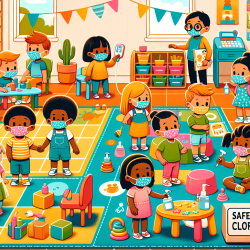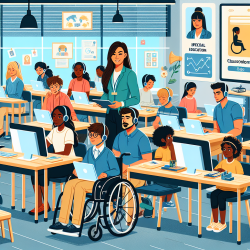The COVID-19 pandemic has posed unprecedented challenges to childcare programs across the United States. As parents and guardians strive to balance work and family responsibilities, the need for safe and reliable childcare has never been more critical. Recent research published in JAMA Network Open highlights a straightforward yet effective strategy: child masking.
The Study at a Glance
The study titled Association of Child Masking With COVID-19–Related Closures in US Childcare Programs explores the impact of child masking on the likelihood of program closures due to COVID-19. Conducted over a year with 6,654 childcare professionals from all 50 states, the research found that early adoption of child masking was associated with a 13% reduction in program closures. Continued masking throughout the year resulted in a 14% reduction.
Why Child Masking Matters
Masks have been proven to reduce respiratory droplet transmission, which is crucial in preventing the spread of SARS-CoV-2. While much focus has been on masking in K-12 schools, this study sheds light on its effectiveness in younger children who attend childcare programs. The Centers for Disease Control and Prevention (CDC) and the American Academy of Pediatrics support these findings by recommending masks for children aged two years and older when community transmission is high.
Implementing Masking in Childcare Settings
For practitioners looking to enhance safety measures in their programs, here are some practical steps:
- Educate Staff and Parents: Share information about the benefits of masking and address any concerns regarding its impact on children's social and emotional development.
- Create a Supportive Environment: Encourage mask-wearing through positive reinforcement and model the behavior as staff members.
- Ensure Proper Fit: Provide guidance on selecting masks that fit well and are comfortable for young children to wear throughout the day.
- Integrate with Other Strategies: Combine masking with other risk mitigation strategies like symptom screening, temperature checks, and outdoor drop-offs/pick-ups.
The Broader Implications
The implications of these findings extend beyond individual programs. By reducing closures, childcare centers can provide consistent care, allowing parents to maintain employment without frequent disruptions. This stability is vital for families' financial health and children's social development.
Encouraging Further Research
This study opens doors for further research into other effective mitigation strategies within childcare settings. Practitioners are encouraged to explore additional measures that could complement masking and enhance overall safety.
To read the original research paper, please follow this link: Association of Child Masking With COVID-19–Related Closures in US Childcare Programs.










